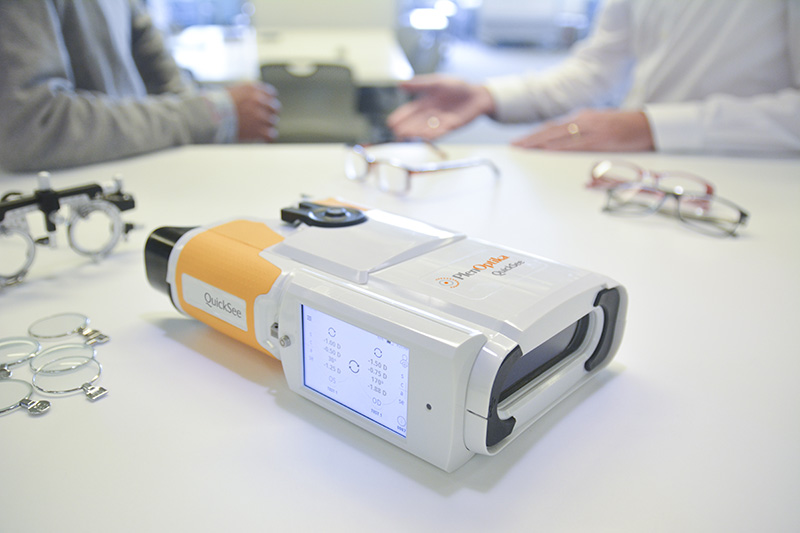
Rob Matheson
MIT News Office
Vision impairment is a major global issue. More than 2 billion people worldwide don’t have access to corrective lenses.
Getting eyeglasses prescriptions is especially difficult in developing countries. Optometrists are generally located in urban centers and rarely see patients from rural areas, so many people suffer from uncorrected impairments. According to the World Health Organization, this can lead to impaired quality of life, learning difficulties, and lost employment opportunities and finances.
Now MIT spinout PlenOptika aims to correct this issue with a highly accurate, portable autorefractor that measures refractive errors of the eye and produces estimated prescriptions in 10 seconds. Moreover, it’s more affordable than the current technology, with the potential to reach patients in previously inaccessible areas of developing countries.
Are you ready to learn how to use QuickSee Free / Free Pro effectively? Tell us about yourself and your circumstances and we will reach out to arrange a training session with you.